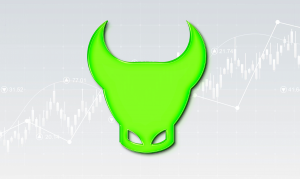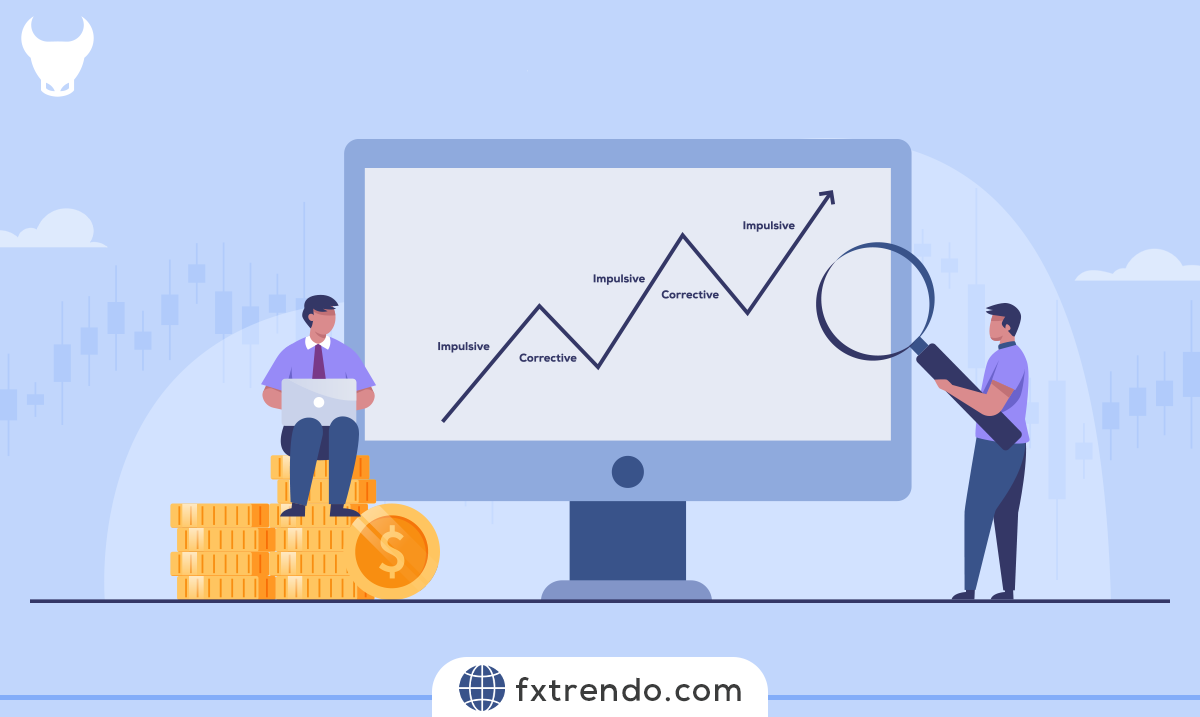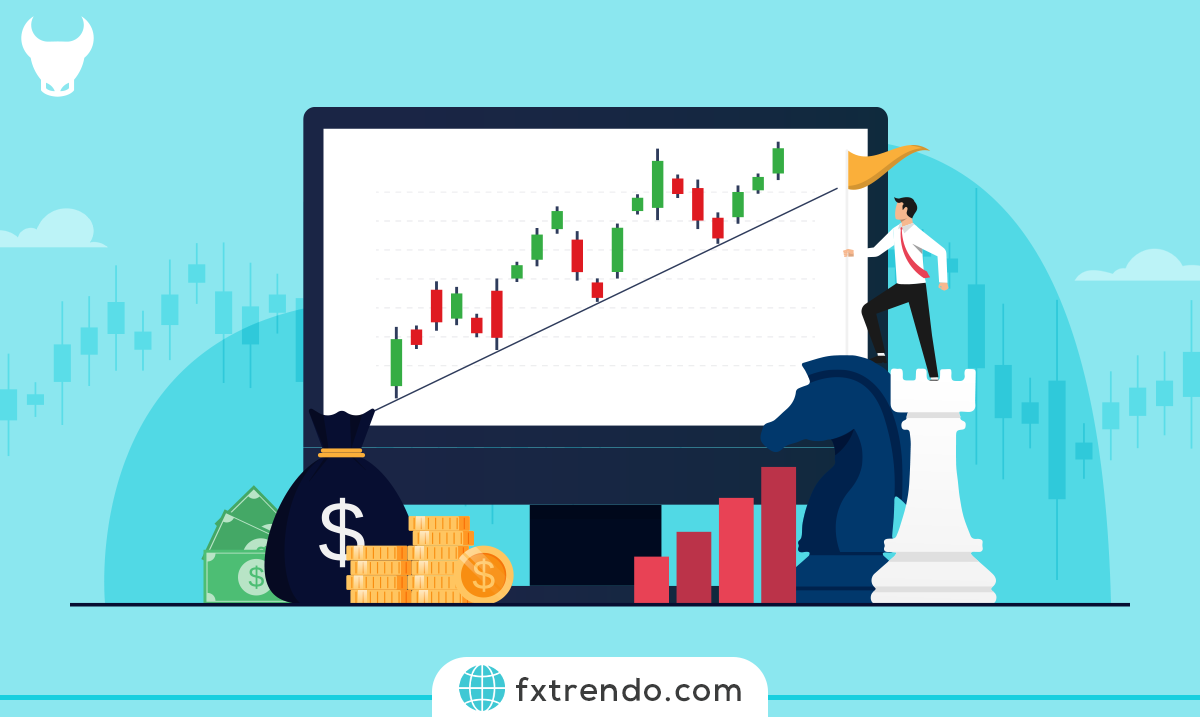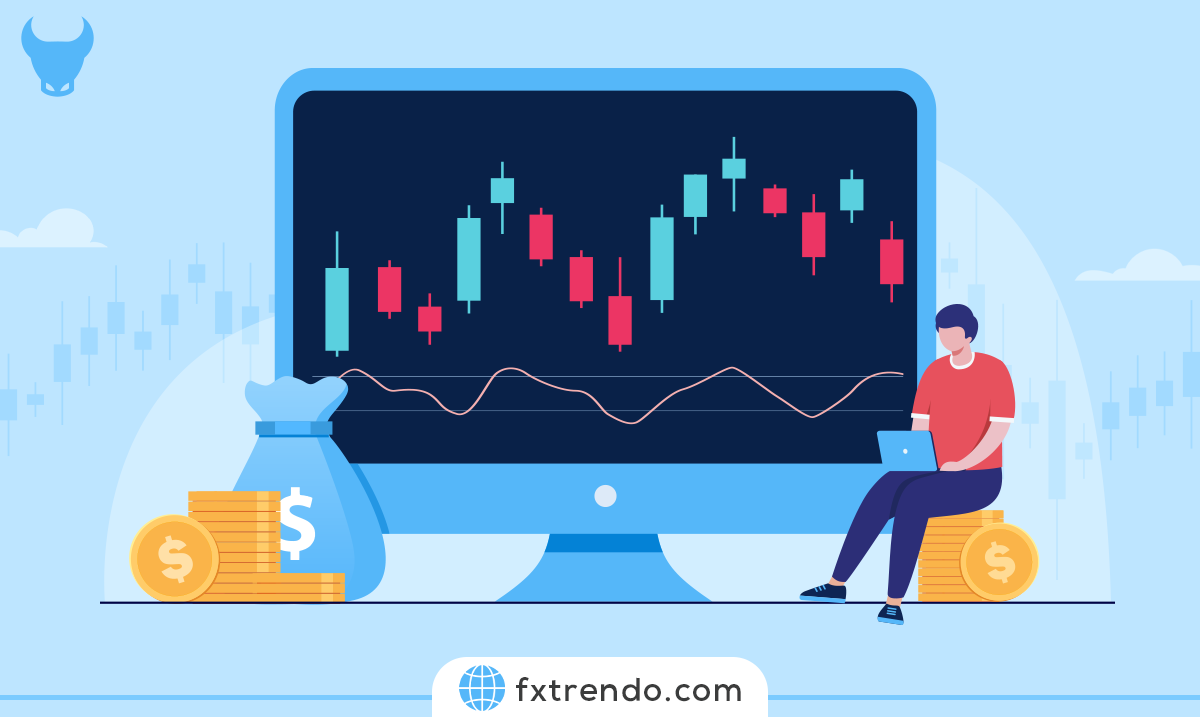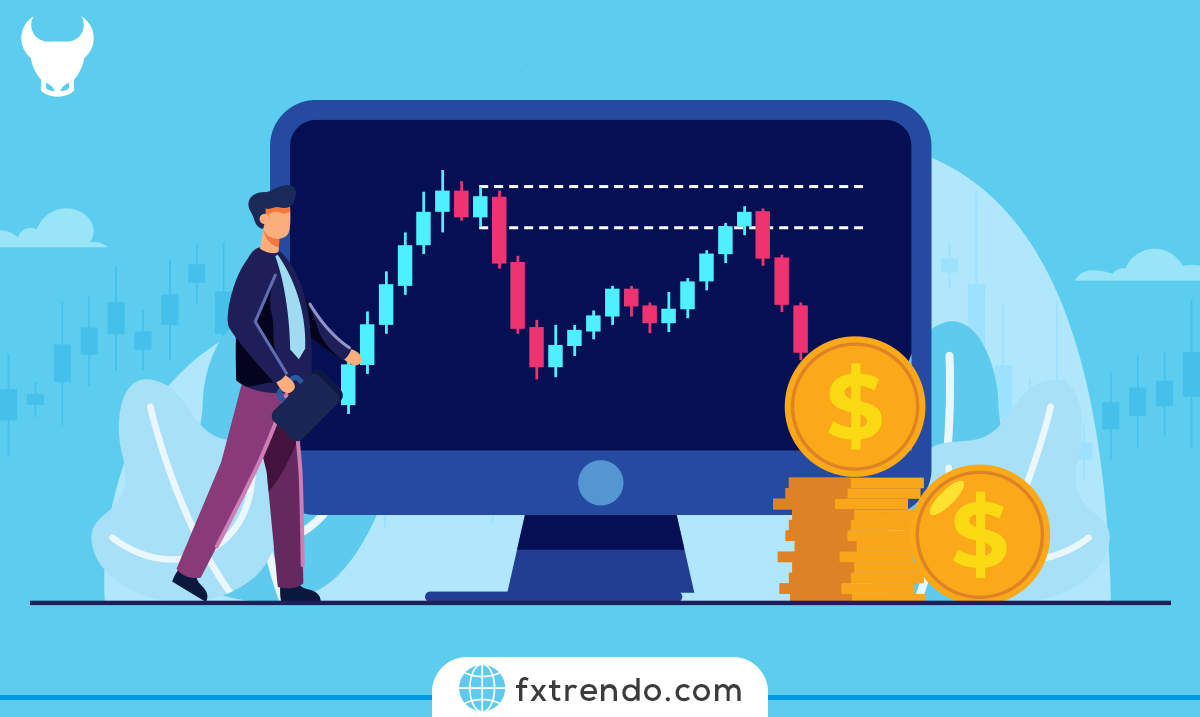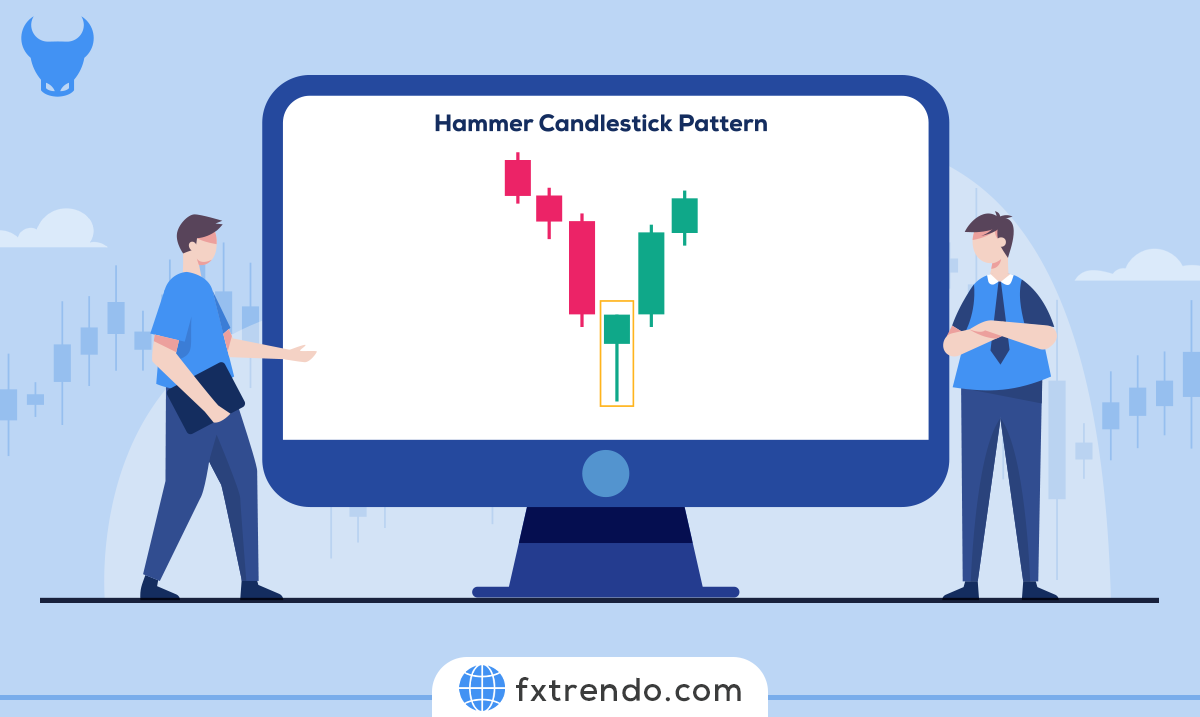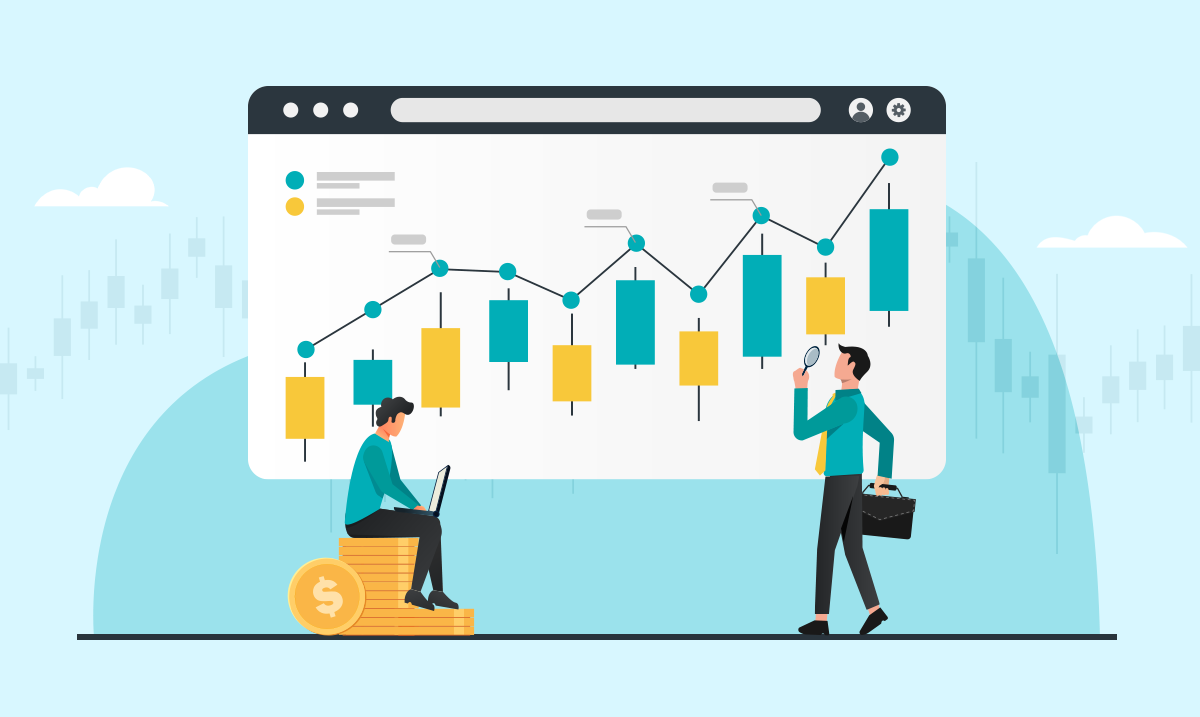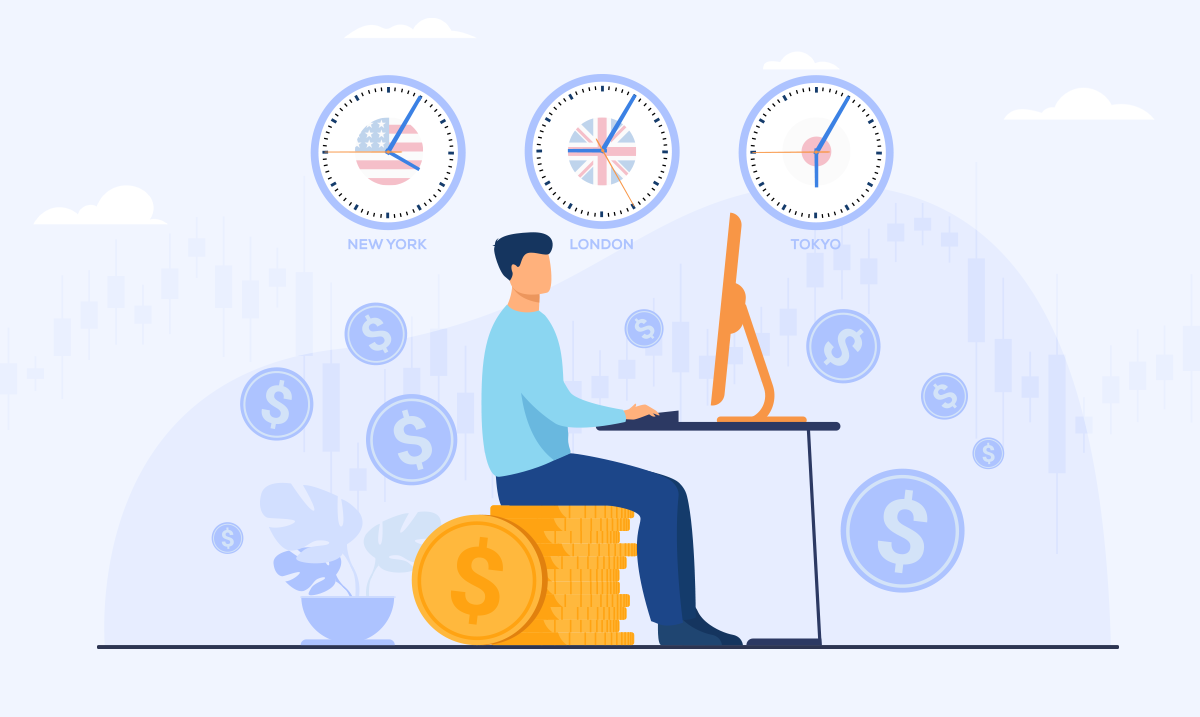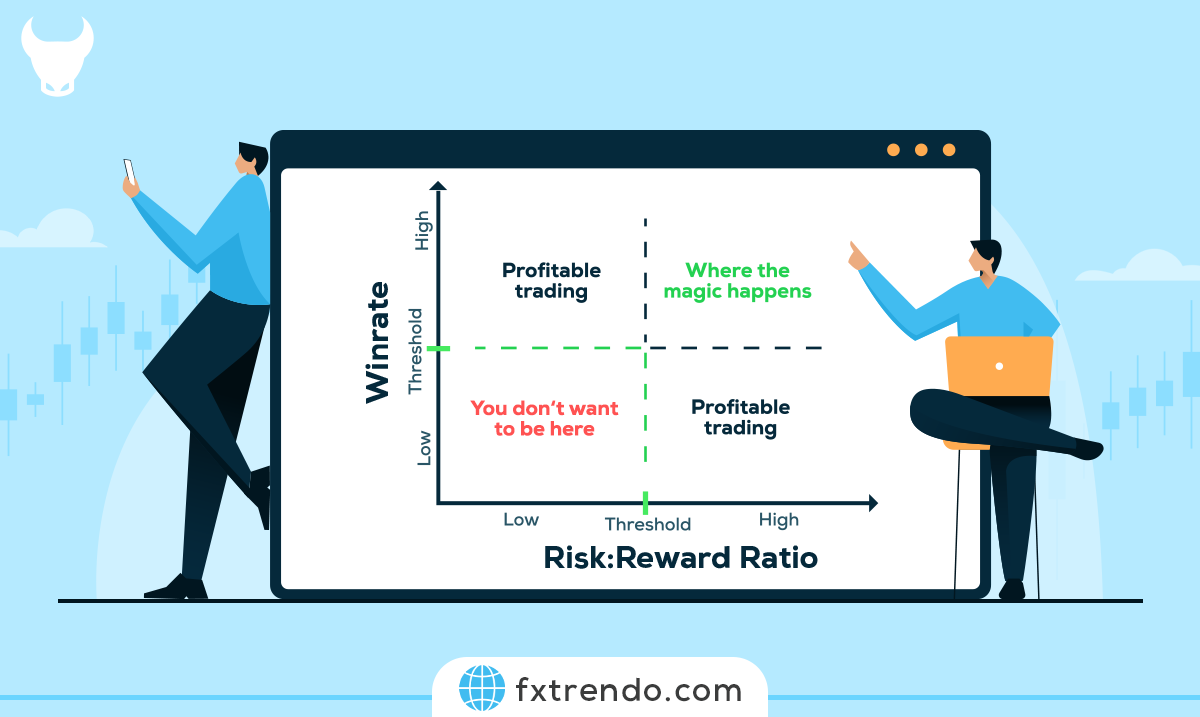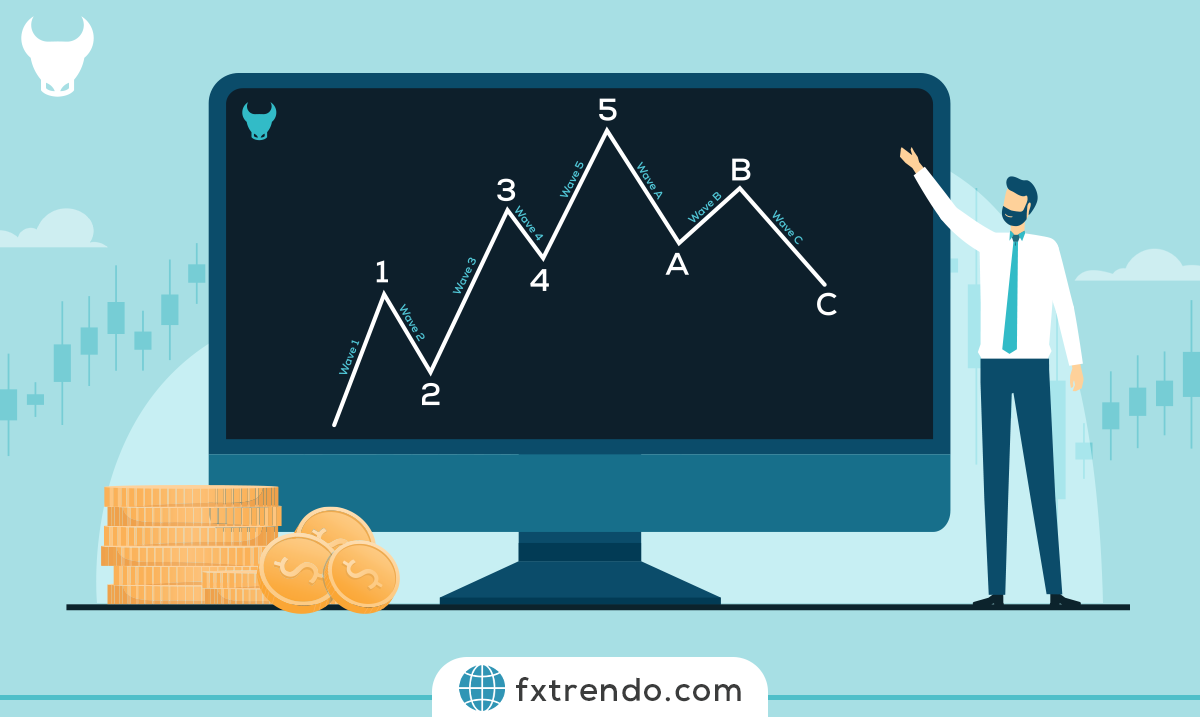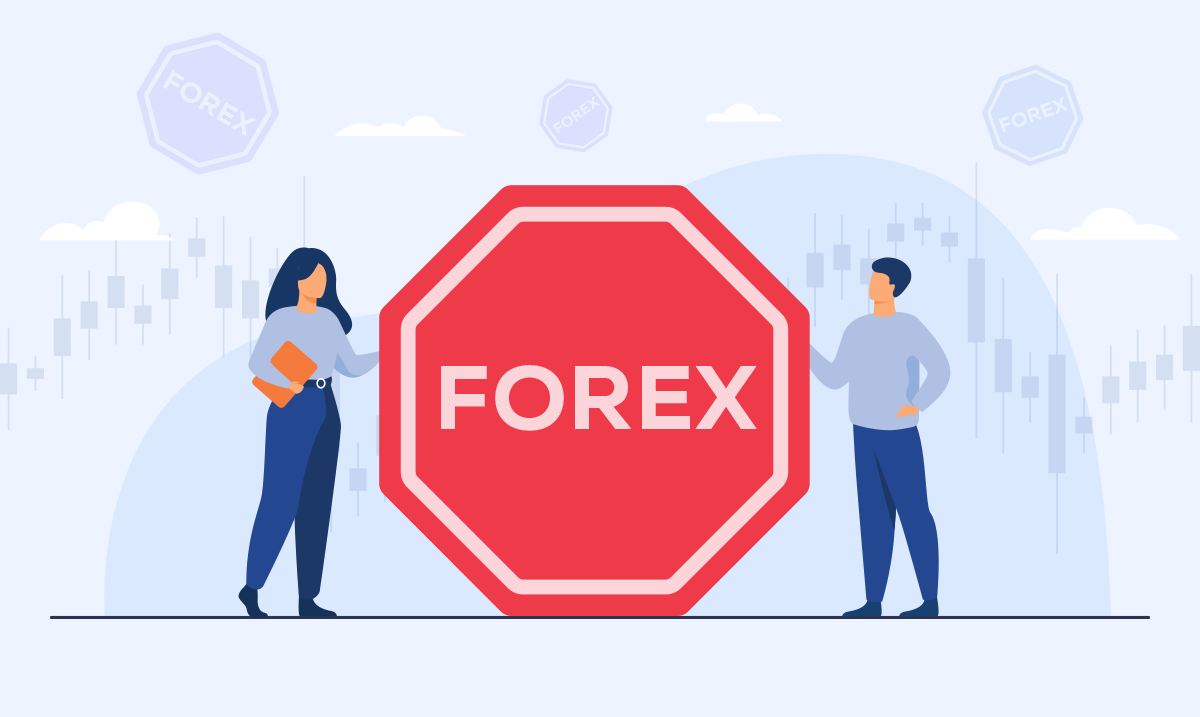What is Spread in Forex Trading?


The difference between the demand price (BID) and the supply price (ASK) is called spread in financial markets. Learning this concept is essential for trading in the forex market and proper risk management. Stay tuned and learn about spread in the forex market and its types.
Contents
What is a spread in the forex market?
In financial markets, spread means the difference between the demand price (BID) and the supply price (ASK). In fact, the spread is the cost of a trade in the forex market, which is described in pips. For example, if the bid price for the EURUSD pair is 1.000000 and the ask price is 1.0005, the spread is 5 pips. The bid price is the price at which a trader can sell the base currency (EUR) and buy the counter currency (USD), while the ask price is the price at which the trader can buy the base currency and sell the counter currency. If you want to buy a symbol in the market, you should use ASK, and if you wish to sell a symbol, you should use BID.


Types of spreads in brokers
One of the most important factors for trading is the spread in the forex market because the spread will significantly impact the profitability or loss of a trading account in the long run. The higher the spread, the lower your profit will be. Brokers in the forex market offer spreads in two ways, fixed and floating.
Fixed spread in Forex
Some brokers offer trading accounts with fixed spreads. In these accounts, the spread on a specific number is fixed. Brokers who offer a fixed spread account are of the market maker type. Although these accounts have a fixed spread, they are usually fixed at a high spread, and at critical times in the market, they increase the spread again and keep the spread constant at a higher number.
Advantages and disadvantages of fixed spreads
The only advantage of a fixed spread is that it does not change, and for strategies that are done with AIs and automatically, the cost parameter of the spread can be considered fixed, and simpler calculations can be made. The disadvantage of a fixed spread is that it is much higher than the other way around, meaning that your trading costs will increase.
Floating spread (Variable) in Forex
In most brokers, accounts are offered with a floating spread, and the spread is usually variable in a small period. Although the spread is variable in these accounts, they still have a lower spread than fixed spread accounts. In Trendo Broker, all accounts are ECN and floating spread type.
Trendo International Broker offers the lowest spreads for trading to create the best trading conditions. You can compare and check the spreads offered in Trendo Broker with any other broker. You can use Trendo's trading platform or the following link to see Trendo's spreads on the days when the market is open:
Advantages and disadvantages of floating spreads
The main advantage of floating spreads is that it is low, and you will be charged a small transaction fee. However, the disadvantage of floating spreads is that in times such as important economic news releases, it may increase to a large amount and cause differences in your take profit and stop loss calculations.
How to calculate spread in forex
To calculate the spread in brokers, calculating the difference between the BID and the ASK price in the desired symbol is enough. Note that there is no need to manually calculate the spread in Trendo Broker, and the spread of each symbol is displayed in the Watchlist section.
Factors affecting the spread
The spread is not a fixed value and depends on various factors, the most important of which are:
Market volatility: When market volatility increases significantly and the trading risk increases, the spreads also increase. For example, the spread increases slightly during important economic calendar news releases, such as the GDP index or inflation data.
Read more: The economic calendar in Forex (how to use the economic calendar)
Liquidity: The higher the trading volume and liquidity in a trading symbol, the lower the spread. For example, the spread is zero in EURUSD and USDJPY symbols in Trendo Broker. Obviously, symbols with low liquidity, such as CHFPLN, will have high spreads.
Trading session: Since the trading session has a significant effect on the liquidity of the market, we will have low spreads in trading sessions with high liquidity, such as the London or New York trading session, and on the other hand, in trading sessions with low liquidity, such as the Oceania or Asian session, spreads will increase.
Broker type: Brokers have different spreads, and this depends on each broker's liquidity provider. For example, since Trendo Broker connects traders directly to liquidity providers, trading spreads are very low. Forex brokers earn money by receiving a commission from traders on each transaction. Commission or fee is the amount received from traders based on the trading volume. In this regard, Trendo Broker has provided the best business conditions with the lowest fees. For more information, you can refer to Trendo Broker's support.
You can see the most important currency pairs' spread and trading symbols in Trendo Broker in the image below:


Spread fee calculation
Since the amount of spread in most brokers is displayed as pips, to calculate the spread cost, first convert the spread amount to pips and multiply it by the pip value of the desired symbol and your trading volume. The resulting number will be the cost of your spread. For more information, refer to the article What is a pip in Forex?
Why is spread important in Forex?
Spreads are an important factor to consider when trading the forex market, as they affect the overall profitability of your account. A high spread means you must make more profit to break even on a trade.
Read more: Introduction and review of trading sessions and the right time for trading in Forex
How much is the normal spread in the forex market?
The spread depends on various factors, including the type of currency pair, market fluctuations and the type of broker, and its value can vary from zero to 10 pips. Generally, well-known major currency pairs such as EURUSD, GBPUSD and USDJPY have much lower spreads than lesser-known currency pairs such as USDTRY or USDBRL because they are more liquid. In addition to the type of currency pair, market volatility can also affect the spread. For example, when important economic news is announced, spreads may increase significantly. However, as a general rule, a spread of 0-2 pips for major currency pairs and 2-5 pips for other currency pairs can be considered normal.
How does the spread affect Forex trading?
The spread and commission sum is the fee you pay your broker to make a trade, so if you are a day trader or scalper, it is better to work with a broker with a low spread and commission. Because otherwise, in the long run, your trading performance will decrease. For a single trade, the spread may not be significant, but in the long run, the spread has a huge impact on your trading account. Since Trendo is a broker with a low spread, you can do your transactions in Trendo broker.
What is a widening spread in Forex, and when does it occur?
As mentioned, some factors affect the amount of the spread and may increase it more than usual. When the spread of a trading symbol becomes several times the normal state, it is called a wide spread, so traders should consider the widening of the spread and adjust their risk management accordingly. Spreads are usually widened in the following cases:
- Beginning and end of trading days
- Beginning and end of trading weeks
- At the time of important economic news releases
Read more: What is Slippage?
Summary
Avoiding margin calls in the forex market requires a combination of understanding margin requirements, using stop loss, and proper trade monitoring, and this requires that you properly understand basic and applied concepts such as lots, spreads, and pips. In this article, we have discussed spread and its types and learned about the times when there is a possibility of widening spread.
Related Post
most visited






